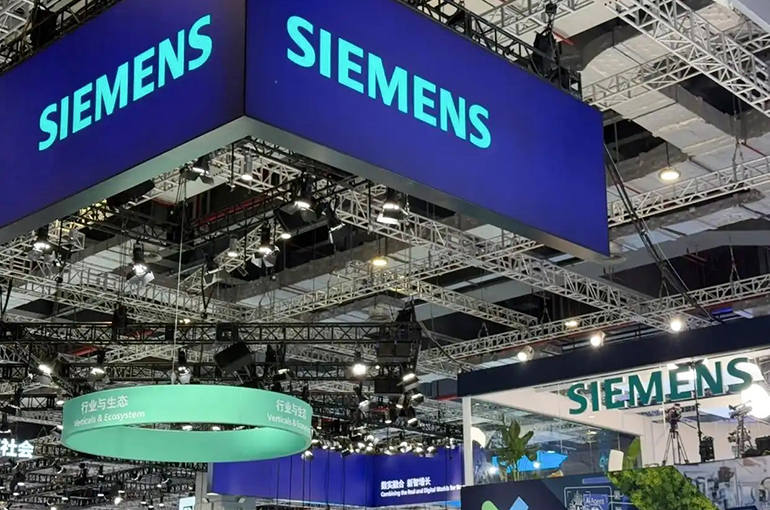Select Language:
Siemens has announced the successful pilot deployment of its AI assistant in the Chinese market during the China International Industry Fair, emphasizing its recent efforts to accelerate localization. The company, in collaboration with its Chinese partner CASMT Changzhou Automation, showcased a next-generation assembly system designed for new energy vehicle electromechanical brake systems, featuring the latest Industrial Copilot AI assistant, at the event held from September 23 to 27 in Shanghai.
According to Siemens employees, the Industrial Copilot can help engineers cut program development time by 30%, reduce on-site commissioning durations on the production line by the same margin, and decrease labor and material losses by 10%. The AI’s application begins with accurately understanding demand scenarios and extends to deeply integrating technology, data, and industry processes, stated Xiao Song, executive vice president of Siemens and head of its China operations, at the fair. He emphasized that through partnerships with innovative ecological collaborators, they aim to enable thousands of Chinese industrial enterprises to harness the benefits of industrial AI for tangible gains.
Significant efforts have been made to customize AI products to suit Chinese market needs. Joerg Westerholt, general manager of Siemens China’s factory automation division, highlighted that a new rackmount industrial computer displayed at the fair has been adapted to China’s locally developed KylinOS operating system. He pointed out that, due to increasing market competition, multinational firms need to intensify their localized research and development to create cost-effective and efficient solutions that address such pressures.
A recent survey presented at the event revealed that while over 80% of industrial companies recognize the potential of AI agents to enhance productivity and reduce operating expenses, about 43% have yet to implement such systems, and only 8% have deployed solutions across multiple scenarios. The main barriers to AI adoption include high deployment costs, a shortage of skilled professionals, and immature technology. Companies tend to prioritize stability and reliability when deciding whether to incorporate AI agents into their operations.






